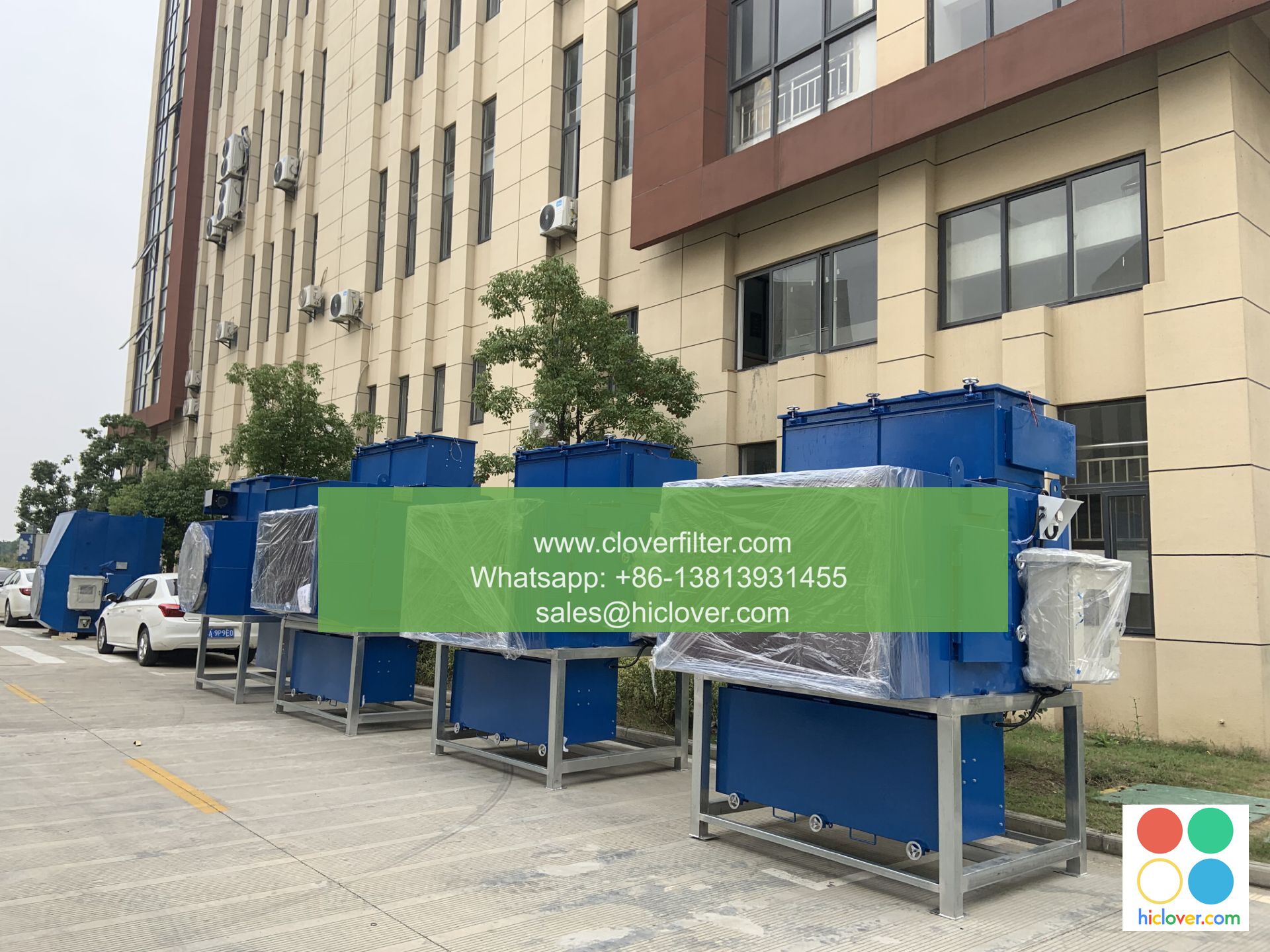How to Choose the Right Air Filter for Your HVAC System

How to Choose the Right Air Filter for Your HVAC System
Choosing the right air filter for your Heating, Ventilation, and Air Conditioning (HVAC) system is crucial for maintaining a healthy indoor environment, reducing energy consumption, and extending the life of your system. With numerous options available, selecting the optimal air filter can be overwhelming. In this article, we’ll guide you through the process of choosing the right air filter for your HVAC system, highlighting key considerations and applications.
Types of Air Filters
Air filters come in various types, including:
- Fiberglass filters: Basic, affordable options that capture large particles and provide minimal air cleaning.
- Pleated filters: Improved versions of fiberglass filters, featuring more surface area for better airflow and filtration.
- High-efficiency particulate air (HEPA) filters: Extremely effective at capturing 99.97% of particles as small as 0.3 microns, ideal for those with allergies or respiratory issues.
- Activated carbon filters: Designed to remove odors, gases, and volatile organic compounds (VOCs) from the air.
- Electronic air filters: Ionize and charge particles, capturing them more efficiently than traditional air filters.
- Particle size: Larger particles can be captured by standard filters, while smaller particles require HEPA filters.
- Airflow resistance: A higher resistance can decrease airflow and increase energy consumption.
- Capture rate: A higher capture rate means the filter can remove more particles from the air.
- Filter durability: Longer-lasting filters can reduce maintenance and replacement costs.
- Maintenance: Some filters require more frequent cleaning or replacement, while others can be cleaned repeatedly.
- Residential use: For most homeowners, a pleated filter or HEPA filter is recommended for basic filtration and allergy sufferers, respectively.
- Commercial use: In commercial settings, HEPA filters are often preferred for their high filtration efficiency and reduced maintenance requirements.
- Indoor air quality (IAQ) concerns: For areas with high IAQ concerns, activated carbon filters or electronic air filters may be necessary to remove specific pollutants.
- Dust-heavy environments: Fiberglass filters or pleated filters may be sufficient in areas with moderate dust levels.
- Outdoor environments: In areas with heavy outdoor pollution or construction activity, HEPA filters or electronic air filters can help improve indoor air quality.
- Size matters: Ensure the air filter fits your HVAC system’s specifications and is properly sized for the ductwork.
- Maintenance is key: Regularly clean and inspect your air filter to optimize performance and extend its lifespan.
- Upgrade and upgrade: Consider upgrading to a higher-performance filter as needed to improve indoor air quality and system efficiency.
Key Considerations
When selecting an air filter, consider the following factors:
Applications and Recommendations
Different applications and environments require unique air filter specifications. Consider the following scenarios:
Final Tips
By understanding the types of air filters, key considerations, and application-specific requirements, you’ll be better equipped to choose the right air filter for your HVAC system. Remember to prioritize factors like particle size, airflow resistance, and capture rate, and consider the unique needs of your environment to ensure optimal performance and indoor air quality.
I’m ready! What would you like to talk about or generate?


